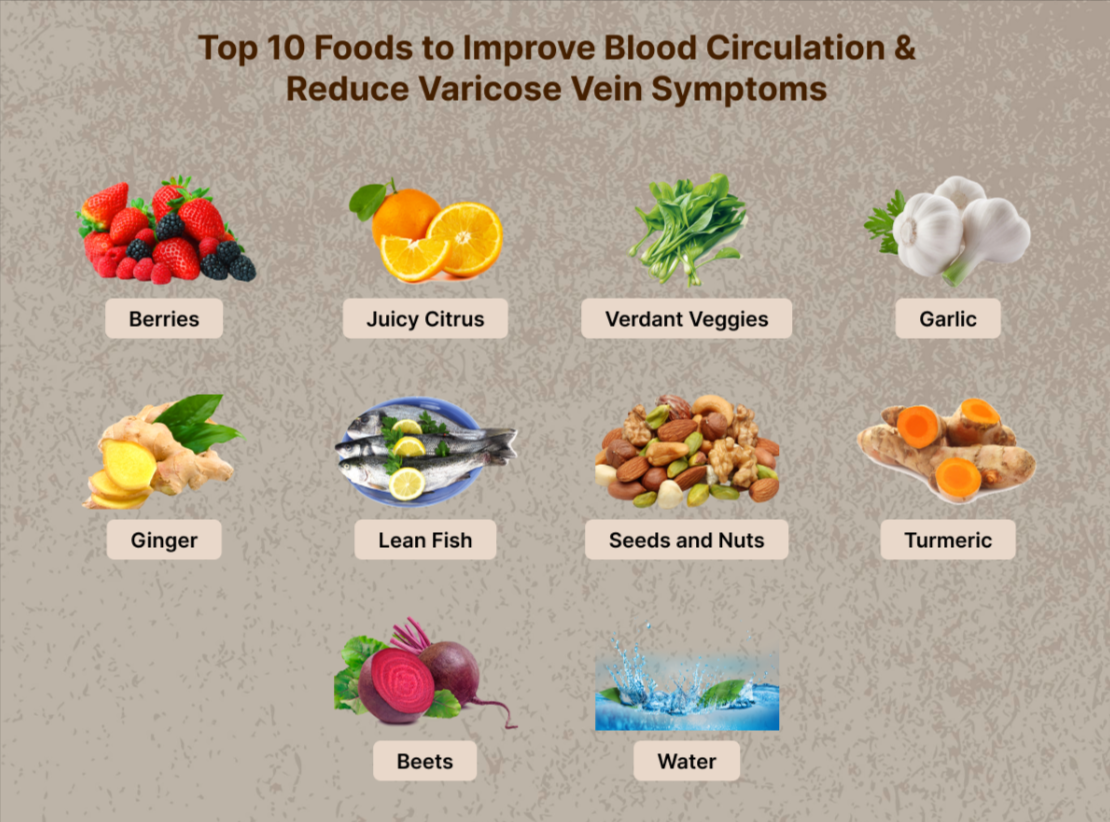How Seasonal Changes Affect Your Body’s Nutritional Needs

Your body is not always asking you for the same type of nutrition. Your body needs energy, hydration, vitamins and minerals, and these needs change with the seasons! Your body can also be sensitive to changes, whether it be temperature, sunlight, or lifestyle. Knowing how these shifts work may aid you to suitably adjust your diet and adapt to the seasonal changes year-round to maintain your well-being.
In this article, we will help you break down how the seasons impact what your body needs in terms of nutrition and share some simple, no nonsense tips on how to eat balanced and healthy as a beginner within each season throughout the year.
Why do seasonal changes affect your plant based nutrition? 🌍
As temperatures dip, daylight hours fluctuate, and our emotional health sways, the seasons bring changes. Your body automatically adapts to such environmental changes in order to maintain balance and wellbeing. Here is what affects your nutrition:
- Temperature fluctuation: When the air is cooler, your body burns more energy to stay warm, and at higher temperature ranges, your body burns less energy but you should erm you have lighter meals to stay alert.
- Exposure to sunlight: Sunlight exposure is significant for vitamin D cutaneous synthesis which has an essential role in bone metabolism and mood.
- Seasonal availability of produce: This varies from season to season and can affect your intake of nutrients by affecting the availability of different fruits and vegetable s to you.
- Immune function: At times of year — winter, in particular — when it is harder to avoid viruses, we can use all the immune support we can get.
Seasonal foods growing in sync with your body, so they can support its functions (hopefully making it easier for you to even exert less effort to stay functional) and the changes of the seasons WARNING reading for the bad weather stack of your local crop rotation register will keep you energized through the year.
Spring: A Time of Detoxification and Renewal of Your Body 💚
Spring is not just the season outside; it can also be a season for your body. Once winter has finally passed and spring is on the way, your metabolism is becoming more active again, and your body may be wanting lighter foods that aid in cleansing and detoxing.
Nutritional Focus:
Detoxifying Nutrients — They are common in foods that assist in detoxification and promoting digestion
We are all familiar with seasonal allergies, so you absolutely want to support the immune system!
Key Nutrients:
- Vitamin C: It strengthens the immune system and helps fight allergies.
- Fibre: Aids in digestion and detoxification.
- Antioxidants: contribute to protecting cells from damage and support overall health.
Best Foods for Spring:
- Leafy greens such as spinach, kale, and arugula
- Lemon and orange -- Citrus fruit
- Vegetables such as asparagus, artichokes, and beets
Tip: Kick out your morning with warm lemon water to stimulate digestion and cleanse your body.
💦 Summer: Hydration And Re-Energise
Longer days mean hotter days and that can mean your body is struggling to cool itself down. This season is all about hydrating and refilling those minerals you lost while you sweat.
Nutritional Focus:
- Replenish with water with electrolyte dense food to prevent dehydration
- Protecting skin: Nutrients that protect from sun damage become essential.
Key Nutrients:
- Electrolytes (Potassium, Sodium, Magnesium): Helps with hydration levels.
- Vitamin E: It acts as a protective shield to skin from the sun.
- Antioxidants: They help protect against oxidative damage from the sun.
Best Foods for Summer:
- Hydrating with watermelon, cucumbers and strawberries
- Salads rich in leafy greens and fresh vegetables
- Lean protein and healthy omega-3 fatty acids from fish grilled
Tip: After working out stay hydrated or replenish electrolytes by drinking coconut water and putting little salt/lime in your water.
Autumn: Preparing Your Immune System for Winter
When temperatures drop and daylight is less and less, your body starts to prepare for winter. Your immune system requires extra support through this period of hibernation, and your body may naturally crave warmer, more comforting foods.
Nutritional Focus:
- Immune protection: Gear up for flu season before it starts.
- Warming foods:Transition to hot, hearty meals that provide comfort and warmth.
Key Nutrients:
- Vitamin C and Zinc: Necessary for an immune system.
- Fiber: For Your Gut and Digestion
- Iron: For energy levels in darkening days
Best Foods for Autumn:
- Seasonal nutrition by way of sweet potatoes, pumpkins and squash
- Fiber and antioxidants: Apples and pears
- Nuts and Seeds for Healthy Fats and Extra Nutrients
Insider Tip: Use warming spices such as cinnamon, nutmeg, and ginger in your food and drinks to boost your immune system and aid in digestion.
Winter: Energy Enhancer & Fatigue Fighter❄️
In winter, your body requires additional energy to heat the body up. The days are much shorter, and you may be getting less sunlight, making you feel heavy—with your mood. Replenishing your body with whole forbearance of foods with high energy and nutrient density is wonderful for your physical as well as emotional welfare in chilly Months.
Nutritional Focus:
- Nutritious, dense foods: Stick with filling and healthy meals
- Vitamin D: Sunlight is an important source of Vitamin D and without it your body may see a dip in stock of this vitamin leading to effects on mood and immunity.
Key Nutrients:
- Vitamin D: Beneficial to mood and bones.
- Omega-3 fatty acids: Beneficial in fighting seasonal changes in mood.
- B vitamins: Helps natural energy production and decreases tiredness
Best Foods for Winter:
- Salmon, mackerel, sardines and other fatty fish
- Leafy dark greens like Swiss chard, kale
- Grains like oats, quinoa, and brown rice
Tip: Ginger, turmeric, or chamomile herbal teas work magic when you need a dose of warmth along with other benefits too.
🍽️ General Guidelines for Eating Seasonally
Eating seasonally doesn’t need to be complex. So here are a few easy ways to assist your body in the nurturing aspect of nutrition throughout the year that a beginner can do:
Consume your local seasonal food: have you ever wondered why people are suggested to eat fresh fruits and vegetables according to seasons?
Hydrate: Water really is a fantastic medicine, and while we may think of ourselves as being hotter than ever in summer, it all depends on where the line in the sand is drawn on a hot day determining if you are hot or not.
Hearken to your Body: Cravings are a major clue − they can tell you precisely what your Body wants.
Vary Meal Size: Lighter meals in summer and more energy dense foods in winter.
Consider Supplementation: It might be worth supplementing vitamin D during the months where sun is limited.
✅ Conclusion: Changing Your Nutrition Throughout The Seasons
Your body naturally gets its nutritional needs influenced by the seasons, and by aligning your diet with these seasonal requirements you can help to stay energised, healthy, and balanced all year round. Each season allows you to nourish your body in a different way — from summertime hydration to fall and winter immune boosting.
Being aware of these seasonal changes and adjusting your diet even slightly, mind you, can provide an excellent way to support your overall health and promote better well-being across the year. It may well be a shift in perspective: listening to your body, allowing seasonal eating to dictate your food choices = a healthier life.



